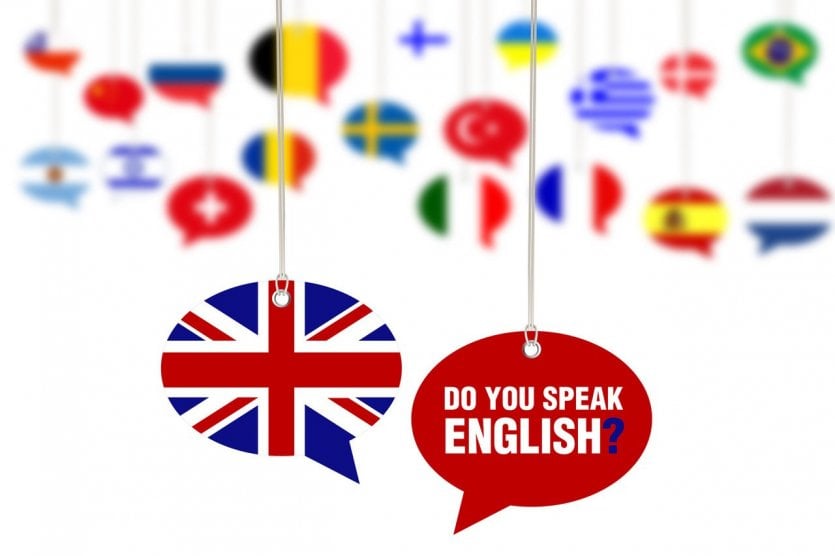
The French are not known for shining in foreign languages. At the same time, they love to criss-cross the five continents to discover their riches. So even if you can always get by with expressive gestures and mimics, a few rudiments of English (the language of international communication par excellence) are never useless. If you need to reassure yourself a little before leaving for an English-speaking country, as well as many destinations that use English to be understood by travellers, this article is for you.
1. Could you help me, please? (Could you help me, please?)
After an endless day of traveling, you have finally arrived on Australian soil. Between the crowded airport, the bright signs blinding you and the sizzling loudspeakers, it's normal to feel a bit lost and to have to find some landmarks. In this case, the best thing to do is to start by going to the tourist office at the airport to get some advice and a lot of useful information for the rest of your stay
2. Could you say that again, please? (Could you say that again, please?)
You asked a question in perfect English... but the language in which you are answered sounds like anything but Shakespeare's language? Don't panic, you'll find a multitude of accents in English-speaking countries, in England, Scotland, Australia or even in the United States! Ask the person to repeat nicely and everything will be fine. It's certain that they won't be offended. And if need be: "slower, please! "(Slower, please!).
3. How much would it cost to get to...? (How much would it cost to get to...?)
You've already got your first language victory on the meter and you're ready for the next step: getting into a taxi to get to the hotel. In order to avoid the taxi taking you all over the city, it would be wise to find out the price before boarding. Yes, in some major cities around the world, it may take a while to get to your accommodation and your wallet may not recover and jeopardize the rest of your trip!
4. Where should I get off ? (Where should I get off ?)
You may prefer to take the bus or the metro to get to your accommodation or to a cultural venue. In fact, it is said that to feel really comfortable in a city, you have to know how to decipher the public transport map. You'll need a little time for that, because in some large cities, it's far from easy to soak up all the itineraries! So in the meantime, you can always ask your neighbour which stop to get off at.
5. What are the ingredients ? (What are the ingredients?)
Change of scenery: you are sitting at the restaurant and you are about to place an order to test the local gastronomy, in the middle of the English countryside. If you are adventurous by nature, let yourself be surprised by a typical dish. But for those of you who are more cautious or simply vegetarian, ask an expert to light your lantern to avoid unpleasant surprises once the meal is on the table.
6. I am allergic to nuts/mustard/dairy products..
Speaking of unpleasant surprises, don't forget, when sitting in a restaurant, to mention if you have any allergies. It would be annoying to have to leave the table in a hurry to get to the hospital. You could also spoil the rest of your stay by being bedridden for hours on end. It may therefore be important to make a list of the products to which you are allergic or intolerant
7. What would you recommend ? (What would you recommend?)
Are you still hesitating between mint jelly, oatmeal porridge and stuffed sheep's rumen? To make sure you eat something that everyone agrees on: there's nothing like good advice from a connoisseur to help you choose your dish. Don't hesitate to follow the waiter's recommendations, they are indeed almost always kind and wish only one thing: that the customers leave satisfied with the meal
8. Could I have some tap water ? (Could I have some tap water?)
Perhaps to accompany the meal of your choice, you prefer a large pitcher of water and skip the wine or fruit juice. And the price of bottled water is sometimes high in restaurants. Don't worry, you can always ask to drink tap water to satisfy your thirst. This is also true if it is very hot and you want to fill your bottle from a friendly shopkeeper
9. Where are the toilets ? (UK) / Where is the restroom ? (USA) (Where are the toilets?)
Since you're in a teasing mood and you're getting a real taste for English, rather than following the directions written in the universal language, why not ask this charming waiter directly where the toilets are? It's a well-known fact that it's not always easy to find the toilets in a bar or restaurant, and you always tend to feel uncomfortable when you look lost. You may find this sentence useful on many occasions.
10. Can I have the bill, please? (UK) / Can I have the check, please? (USA) (Can I have the check, please?)
Logically, the check will close the meal... unless... Seriously, this sentence will be useful to you almost daily if you have decided to make the most of the restaurants and bars where you spend your holidays. And to ask for the price of a product in a store where it is not listed, use "How much does it cost ? "(How much does it cost? What is the price?).
11. Good morning, how are you ? (Good morning, how are you ?)
If there's one routine, it's to say good morning. You may have to say it at the hotel by passing by the reception staff or the waiter at the bar where you are used to having breakfast. And you can also use this phrase with any person before starting a conversation. It is a bit the basis of your knowledge of English and you will see, you will very quickly memorize it and be led to use it
12. Where is the nearest pharmacy / hospital ? (Where is the nearest pharmacy / hospital?)

Of course, we don't wish this to anyone, but unfortunately it can happen that you don't feel well on holiday and need to go to a pharmacy or hospital. In case you haven't done a pre-screening for emergencies before you leave, well you can use this phrase by asking the staff of the hotel, a local shop or even a passer-by!
13. Could you take a photo of us please ? (Could you take a photo of us please ?)
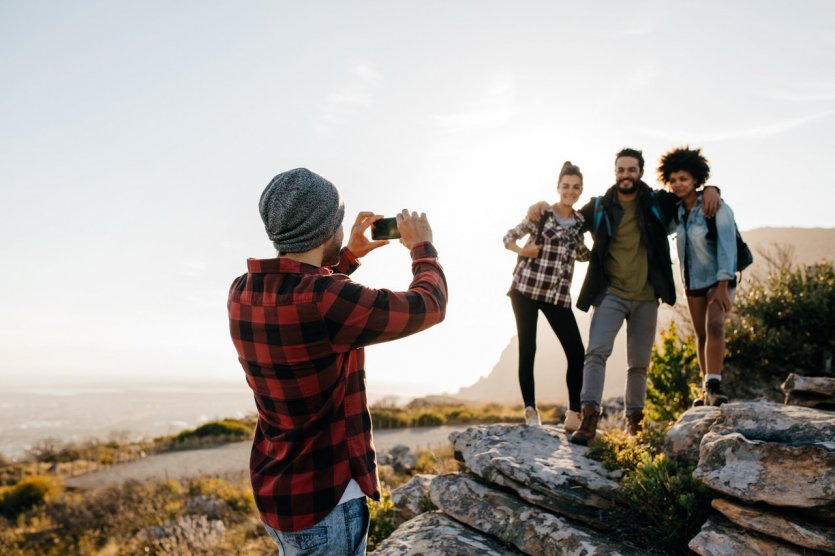
You are in front of the Sydney Opera House or in a National Park in the West, and to impress your friends and family on social networks, you would like to be photographed by a resident or a visitor with your spouse? Feel free to use this phrase and you can do it with anyone you come across. Locals and visitors are often used to being solicited in tourist destinations and this is an opportunity for a nice exchange
14. Can you show me around, please ? (Can you show me around, please ?)
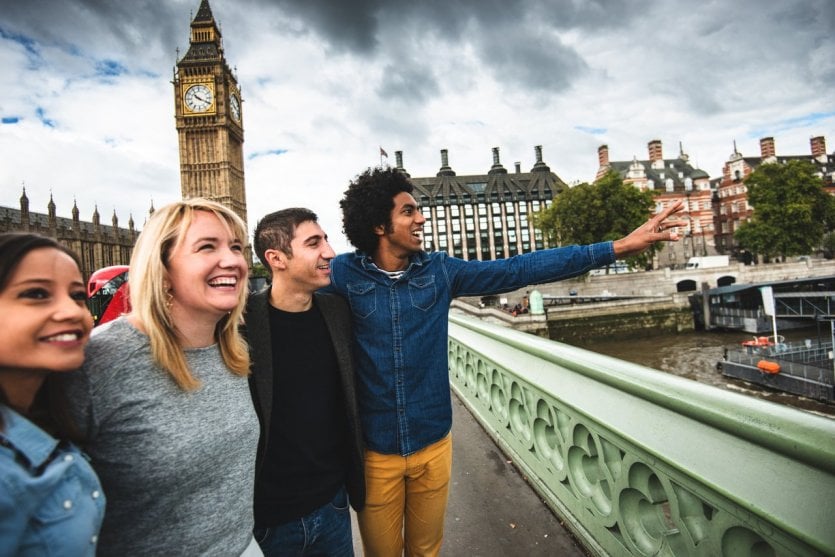
You have made friends with the hotel receptionist or with a local person in a restaurant or at the beach. Why don't you ask him to show you around? The locals are bound to be the best people to lead you to places of interest. The well-known ones, of course, but also those that are off the beaten track and you can boast of having seen them!
15. Where can I find an ATM, please ? (Where can I find an ATM, please?)
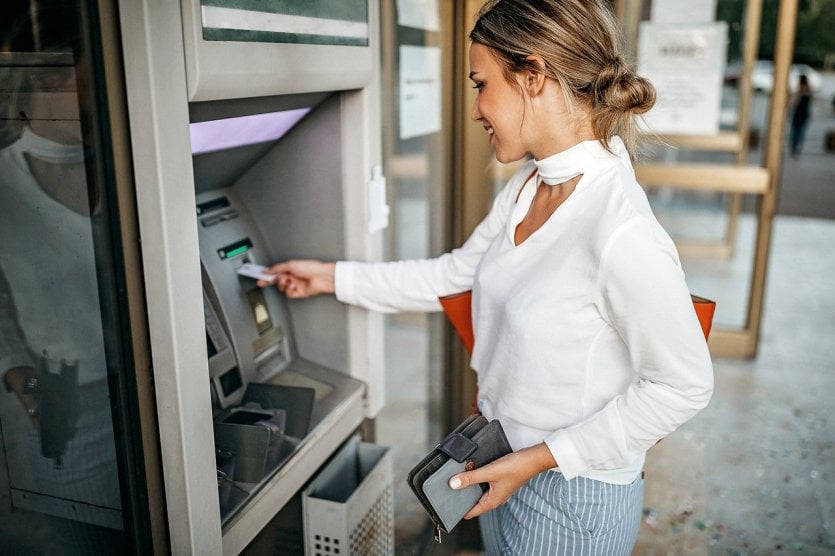
Running out of change in your wallet and wandering around a market to buy good local products? Then you urgently need to find an ATM to withdraw cash. There you go, now you know how to do it. Now you don't have to walk long to get there, come back and treat yourself
16. I am sorry, I am looking for the... Where is it please ? (Excuse me, looking for the... Where is it please?
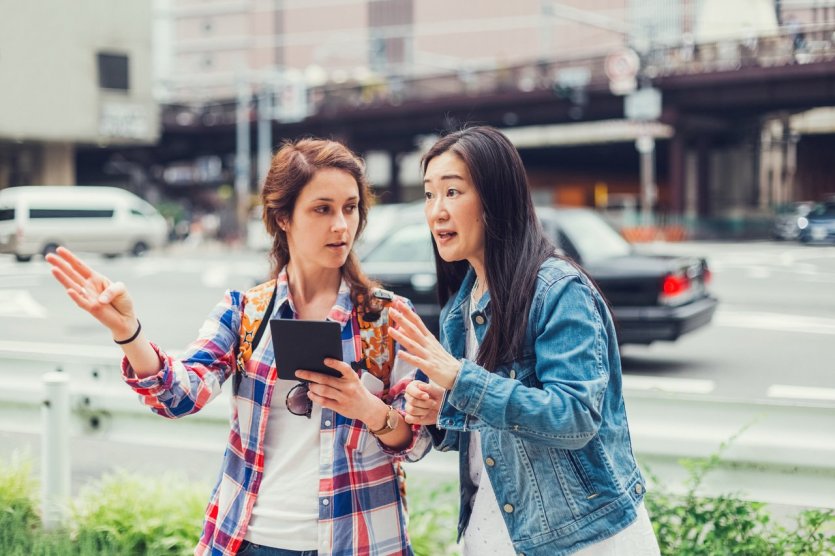
You've been driving around the city for hours and you can't find the square, the monument or the shop you're looking for. You can find the map in the senses but nothing helps? Try to get in direct contact with a person around you by asking them the question. If you come across another tourist, you may not get anywhere, but a local will be able to direct you to the right track.
17. Do you have a map of the town ? (Do you have a map of the town?)
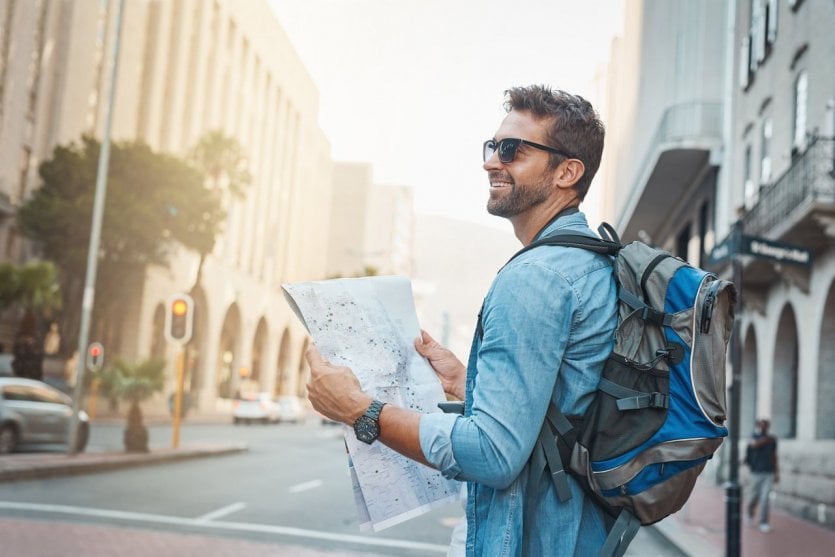
It's true that nowadays, we tend to use our smartphones to find our way around town. But abroad, this requires you to go to a point with wifi to connect to the Internet. Needless to say, a good old city map is still very useful to locate neighborhoods, monuments, museums and so on. So here you are now ready to head to the tourist office to get your precious map.
18. Do you have any vacancies ? I would like to book room. (Do you have any vacancies? I would like to book room)

This time it is too much, you are not at all happy with your hotel, because there is too much noise or you have seen a cockroach. Or maybe you've decided to wander from town to town and indulge your instinct for accommodation. This is a risk that can indeed be taken, but beware, depending on the time of year, hotels in some destinations can quickly be overrun.
19. Do you speak English/French ? (Do you speak English/French?)
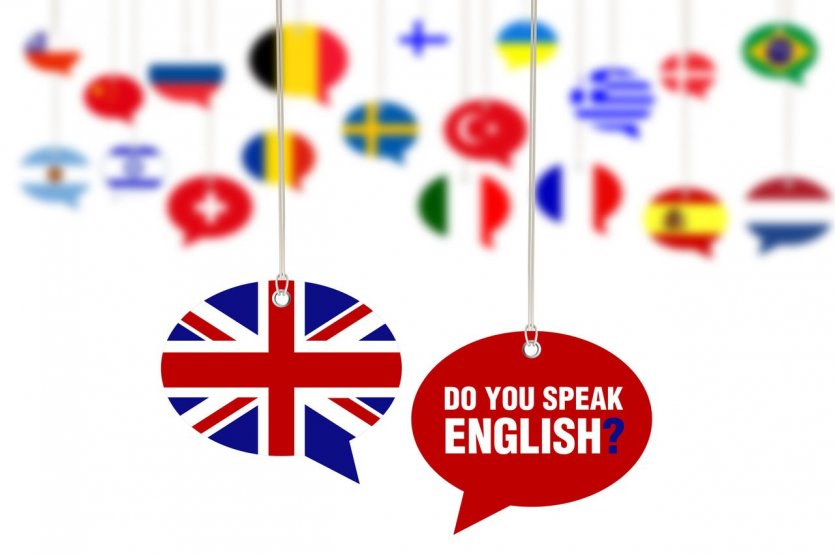
Mastering the main expressions in English is good, but your interlocutors must be at ease with the language. Because yes, not everyone necessarily masters the basics to perfection. If you're flying to a destination where you've read that the locals speak English as well as French, make sure before you start any conversation that the person you're speaking to speaks it as well as possible. But don't worry, in the tourism industry, fluency in English is often required. Elsewhere, ask, and with a little luck, the person you are talking to may speak a little French! Who knows?
20. Can I have your phone number/email ? (Can I have your phone number/email address?)

Travelling is also about meeting locals or tourists who have come to enjoy the richness of a city or country. Before you leave, make sure you keep in touch. Because you might have to come back and see each other again, or invite the person(s) to come and visit your place of residence. And there are now many ways to get in touch with people, especially through social networks.


